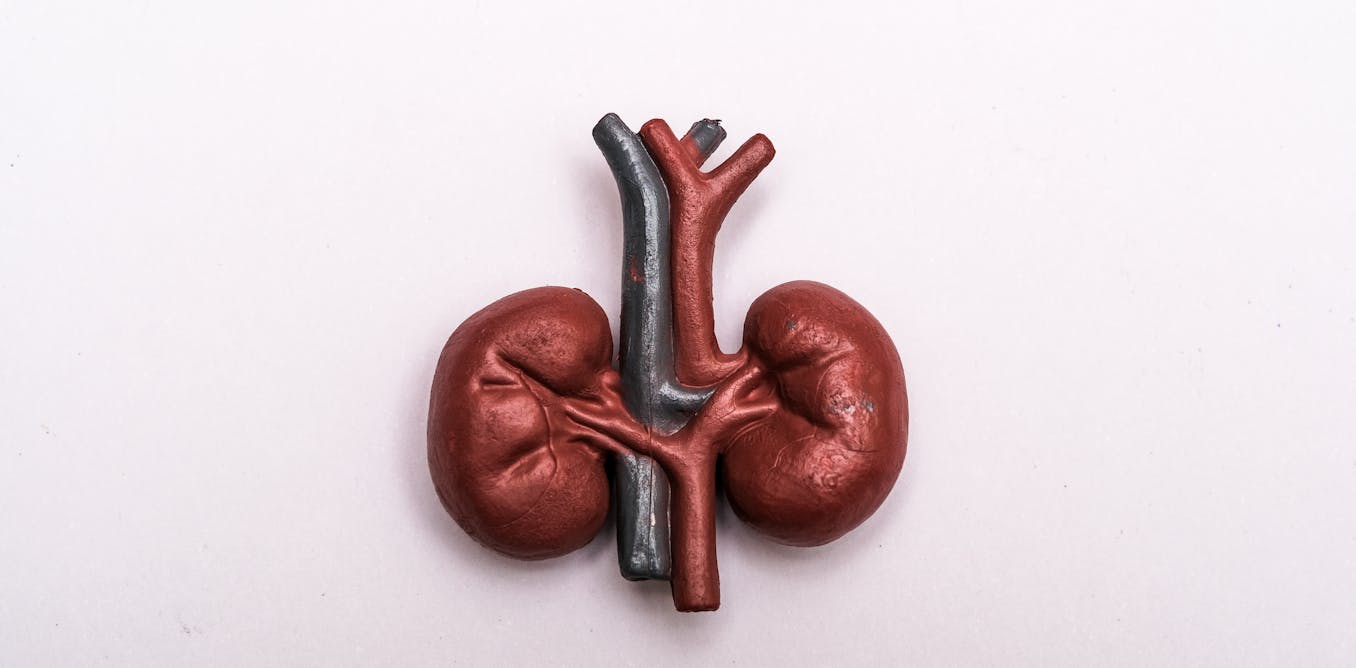Chandelier
Senior Member (Voting Rights)
Li Luo, Ron T. Gansevoort, Lyanne M. Kieneker, Yuanhang Yang, Alessandro Bosi, Rudolf A. de Boer, Casper F. M. Franssen, Maria Eriksdotter, Juan-Jesus Carrero, Hong Xu
Abstract
Background
The association between albuminuria and dementia has been insufficiently studied, possibly due to not considering dementia subtypes, the interplay with estimated glomerular filtration rate (eGFR), and the use of varying albuminuria measurement techniques.Objectives
This study aimed to investigate the eGFR-independent risk of all-cause and type-specific dementia associated with albuminuria, measured by the urine albumin-creatinine ratio (ACR) and dipstick.Methods
The main analysis included 132,869 subjects aged ≥65 years without a history of dementia and with at least one ACR test from the Stockholm Creatinine Measurements (SCREAM) project between 2006 and 2019. The primary and secondary outcomes were the incidence of all-cause dementia and type-specific dementia, respectively. Cox regression models were used to calculate hazard ratios (HRs, 95% CIs).Results
During a median follow-up of 3.9 (interquartile ranges, 1.8–7.1) years, 9435 (7%) subjects developed incident dementia. After multivariable adjustments, including eGFR, an ACR level of 30–299 and ≥300 mg/g was associated with a 25% (HR, 1.25; 95% CI, 1.19–1.31) and a 37% (HR, 1.37; 95% CI, 1.23–1.51) higher risk of developing all-cause dementia, respectively, compared to an ACR level of <30 mg/g. Higher ACR levels were also associated with an increased risk of mixed, vascular, and unspecified dementia, but not with Alzheimer's disease. These findings were robust in subjects with at least one dipstick proteinuria test.Conclusion
Increased albuminuria is associated with a higher risk of all-cause dementia, particularly mixed, vascular, and unspecified dementia, independent of baseline eGFR and generalizable across different clinical pathways of albuminuria testing.Graphical Abstract



